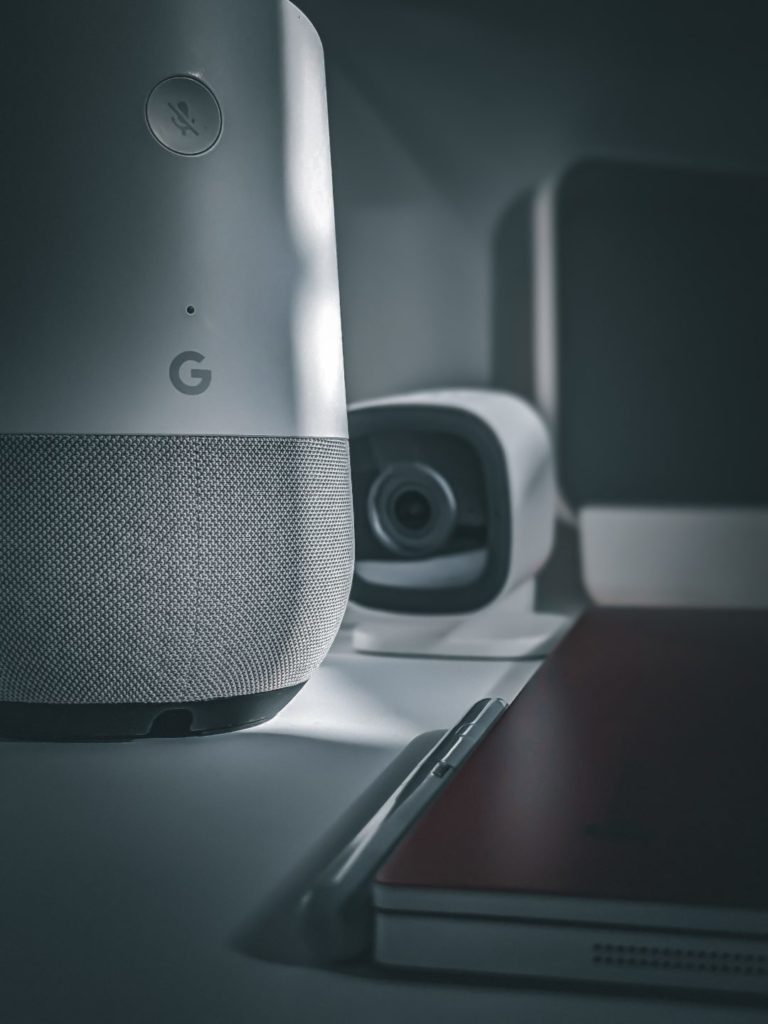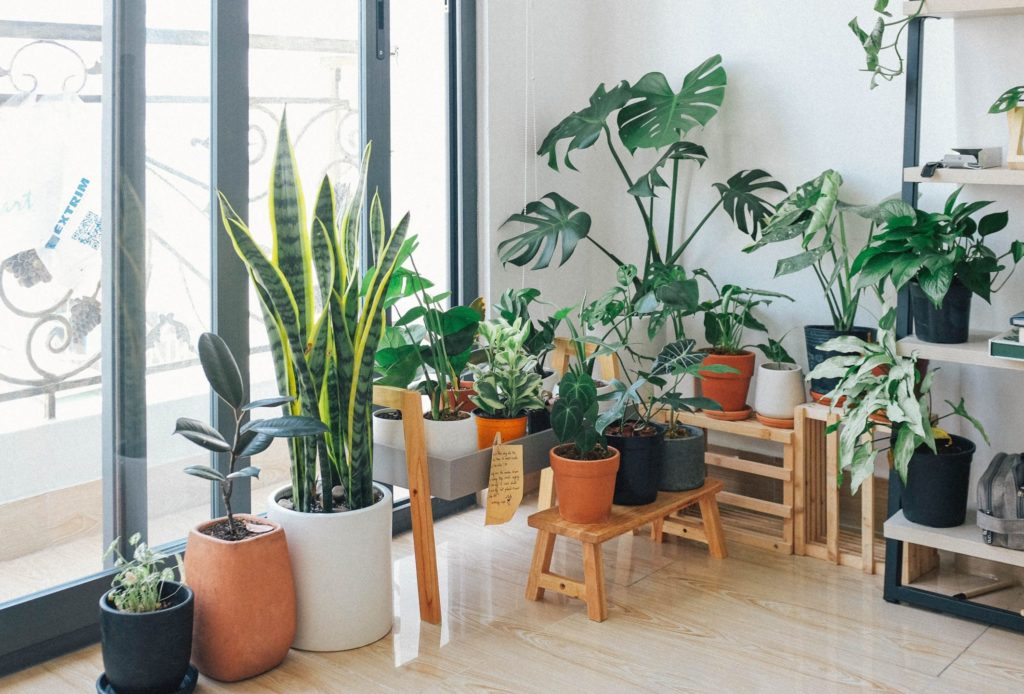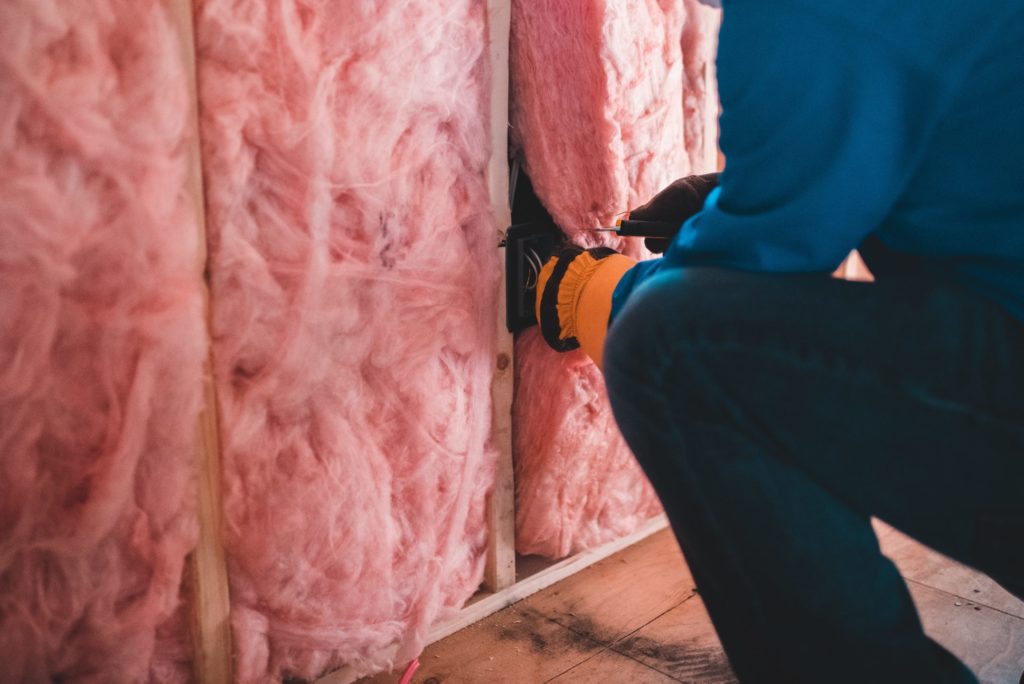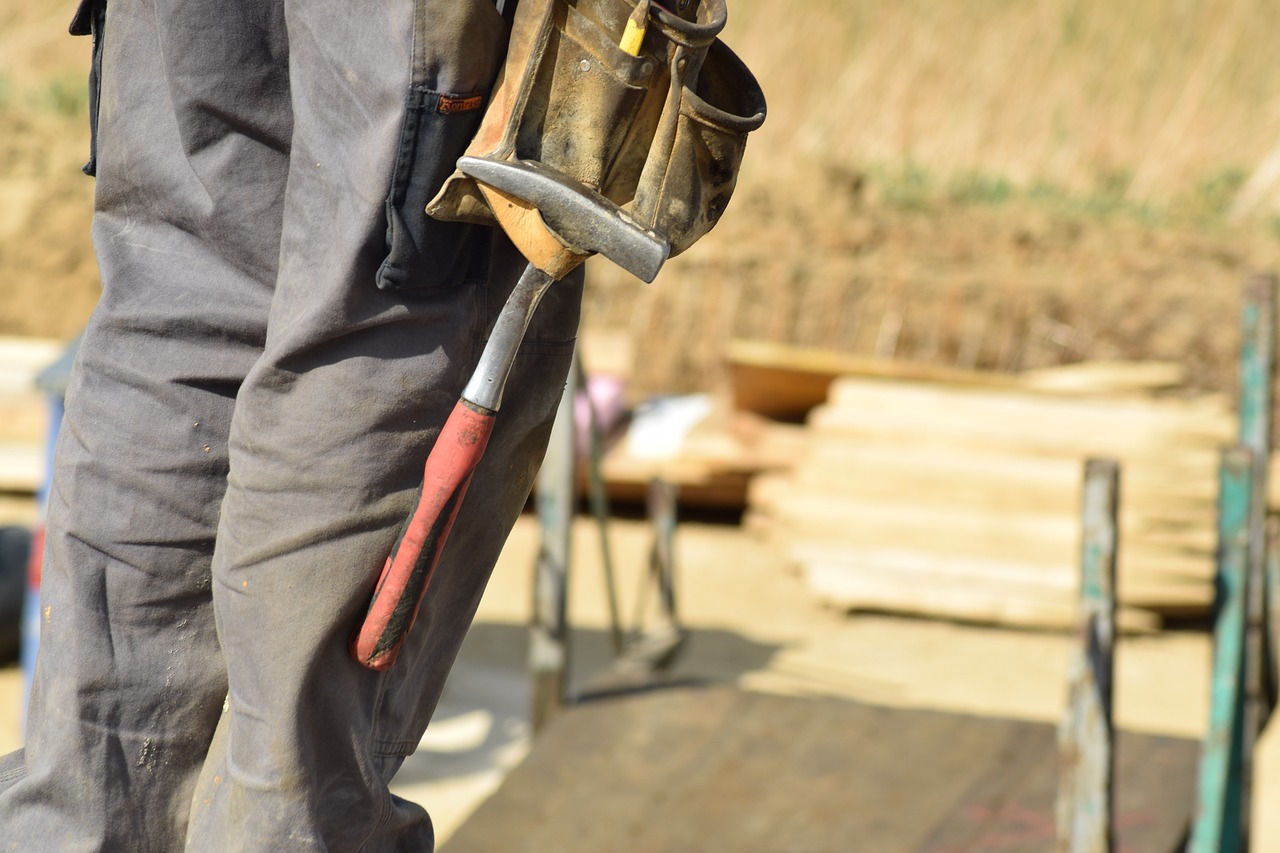The Skilled Labor Shortage
10 At-Home Solutions to Reduce Noise Pollution
Noise pollution can be one of the biggest impediments to comfort and peace. Anyone who has lived in a home without noise privacy or regular disruptions knows how important noise privacy is. If you live in a house, condo, or apartment prone to loud noises, check out these expert tips to reduce noise pollution and regain peace.
Top ten tips to reduce noise pollution

1. Noise cancellation devices
From pink and white noise machines to noise-canceling headphones, devices are the quickest way to reduce noise pollution. It may not be the only solution you employ, but it’s a highly effective short-term answer to regular noise disruptions. Take a look at the top recommendations for devices. And if you need to reduce noise pollution right now, streaming music platforms like Spotify offer pink noise playlists that last hours.
2. Better insulation
Fiberglass and blown-in cellulose insulation are your best options for soundproofing individual rooms in your home. Soundproofing materials like these create a tight barrier that prevents sound waves from traveling through them. Fiberglass and cellulose insulation panels are designed with high absorption properties and prevent sound from escaping. These options typically require a professional service, as insulation of this nature is blown into the gaps of existing walls.
3. Acoustic foam
Another option is sound-canceling foam panels. If you’ve ever played drums or lived with someone who has, acoustic foam will look very familiar. And while the aesthetic of acoustic foam may not be super attractive, it certainly reduces noise pollution. Expect each 20 by 20-inch panel to cost around fifteen dollars.
4. Fabric acoustic panels
Fabric acoustic panels look attractive; they are made with an acoustic foam core but have a more polished and appealing finish.They’re a bit pricier than acoustic foam but offer more interior design appeal.

5. Indoor plants
In addition to insulation or foam panel additions, add larger plants to the rooms in your home that could most benefit from sound protection. They will absorb sound waves and help create a “privacy screen,” reducing abrasive noises as they improve air quality and the look and feel of your home!
6. Carpet/area rugs
Believe it or not, sometimes sound can travel through the floors. Why not lay down a thick area rug over poorly insulated and unsealed flooring? It will help to absorb sound waves and make your room more temperature-stable.
7. Door and window curtains
Window curtains (and better window insulation in general) can help create a barrier that reduces sound pollution from outdoor sources. If you want to reduce noise pollution between rooms, consider a door curtain. The extra layer of material will buffer sounds and reduce sound waves’ ability to travel through entryways.
8. Upgrade doors (new doors, sealing gaps)
Speaking of doors, take a look at the quality of the internal and external doors throughout your home. It may be wise to upgrade them. Doing so will reduce sound pollution. You may not need to replace your doors entirely. Sometimes improving the sealing of existing doors can work wonders. If you’re unsure if you should upgrade existing elements or replace your doors entirely, consult with Curbio’s home improvement experts.
9. Position furniture optimally
Additionally, you can buffer sounds with the strategic placement of your furniture. So leverage bulkier pieces like bookshelves and wardrobes. They serve as the perfect natural insulators. Place these larger pieces against the walls where sound pollution is the greatest. You might be surprised at how effectively this simple tip reduces noise pollution!
10. Rebuild better to reduce noise pollution

Are you planning to sell your home? The best way to reduce noise pollution is to build walls and rooms with high-quality materials that absorb sound. The interior design and layout of your home may impede sound privacy. Therefore, reimagining your home’s blueprint could go a long way in reducing noises. Regardless of how you redesign your space, spray foam will likely be used to insulate noises and regulate temperatures (thus reducing energy bills). Since sound privacy is important to homebuyers, upgrading your home before you list it on the market makes sense. Work with Curbio for turnkey home improvement solutions to reduce noise pollution and upgrade every aspect of your property.


